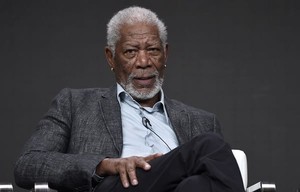
Morgan Freeman participates in “The Story of Us With Morgan Freeman” panel during the National Geographic Television Critics Association Summer Press Tour at the Beverly Hilton on Tuesday, July 25, 2017, in Beverly Hills, Calif. (Photo by Chris Pizzello/Invision/AP)
The #MeToo movement has caused a seismic shift in our culture — in most respects, one that is a positive. Shining the light on Hollywood’s (and D.C.’s, and the state houses’, etc.) dirty little secrets was long overdue. And kudos rightly belong to those who’ve been willing to share their stories and those who’ve gone to bat for them, sometimes in the face of immense headwinds.
That victims’ voices are now being heard is undoubtedly a good thing. But the revelation of the perpetrators often carries with it the added sting of bitter disappointment. Once beloved icons have been exposed as boorish louts, (or worse.) This isn’t intended to minimize the pain of their victims. Just to acknowledge that it also hurts to realize people you’ve admired — looked up to — aren’t just fallible, but quite possibly rotten.
This morning, CNN published a lengthy article detailing multiple accusations levied at none other than Morgan Freeman:
In all, 16 people spoke to CNN about Freeman as part of this investigation, eight of whom said they were victims of what some called harassment and others called inappropriate behavior by Freeman. Eight said they witnessed Freeman’s alleged conduct. These 16 people together described a pattern of inappropriate behavior by Freeman on set, while promoting his movies and at his production company Revelations Entertainment.Of those 16, seven people described an environment at Revelations Entertainment that included allegations of harassment or inappropriate behavior by Freeman there, with one incident allegedly witnessed by Lori McCreary, Freeman’s co-founder in the enterprise, and another in which she was the target of demeaning comments by Freeman in a public setting. One of those seven people alleged that McCreary made a discriminatory remark regarding a female candidate for a job at the Producers Guild of America, where McCreary is co-president.Four people who worked in production capacities on movie sets with Freeman over the last ten years described him as repeatedly behaving in ways that made women feel uncomfortable at work. Two, including the production assistant on “Going in Style” whose skirt he allegedly attempted to lift, said Freeman subjected them to unwanted touching. Three said he made public comments about women’s clothing or bodies. But each of them said they didn’t report Freeman’s behavior, with most saying it was because they feared for their jobs. Instead, some of the women — both on movie sets and at Revelations — said, they came up with ways to combat the alleged harassment on their own, such as by changing the way they dressed when they knew he would be around.
Several other times during this investigation, when a CNN reporter contacted a person who had worked with Freeman to try to ask them if they had seen or been subjected to inappropriate behavior by an actor they had worked with — not initially even naming the actor they were asking about — the person would immediately tell them they knew exactly who the reporter had in mind: Morgan Freeman. Some of those people were sources for this investigation while others declined to comment further or did not want what they said used in this story.
The pattern of behavior described by those who spoke with CNN shows another example of the systematic problems that exist in the entertainment industry. The allegations against Freeman are not about things that happened in private; they are about things that allegedly happened in public, in front of witnesses — even in front of cameras. Before #MeToo, many men in the industry could behave without fear of consequences, because many times when a powerful man did so, it was the victim who suffered repercussions.
According to Melas, who was six months pregnant at the time, Freeman, in a room full of people, including his co-stars Arkin and Caine, shook Melas’ hand, not letting go while repeatedly looking her up and down and saying more than once a variation of, “I wish I was there.” She says he also said to her, “You are ripe.” Cameras were on and recording during one of Freeman’s remarks to Melas — “Boy, do I wish I was there” — but not for the rest. As is common practice with such junkets, Melas was the only CNN employee there at the time.
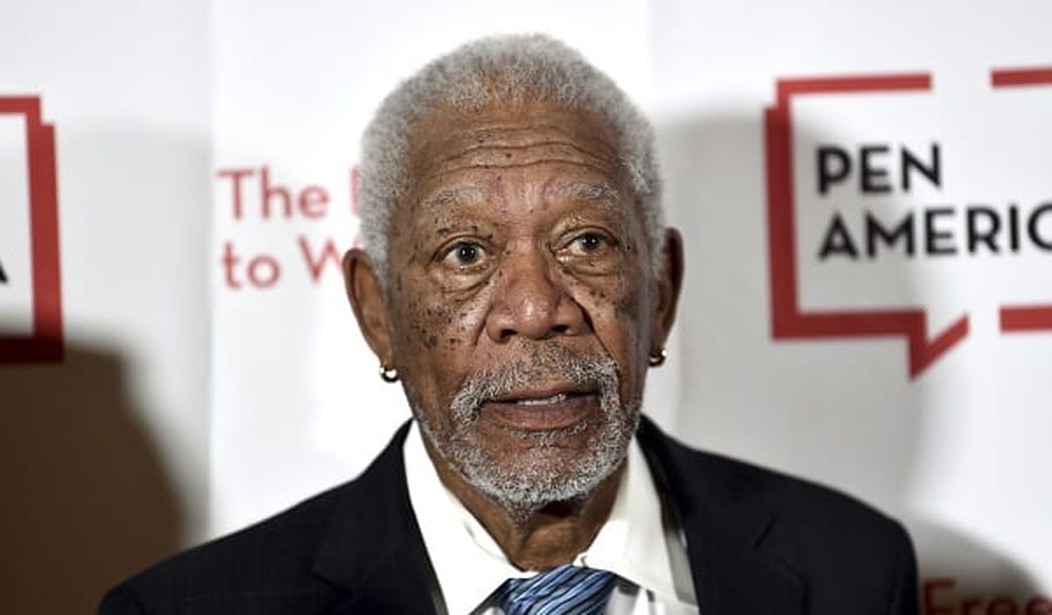

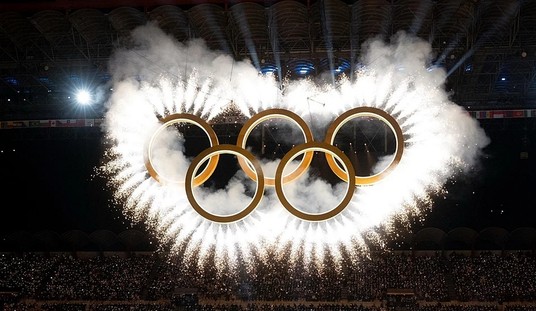
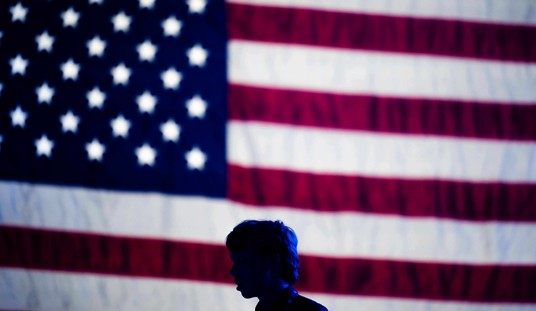





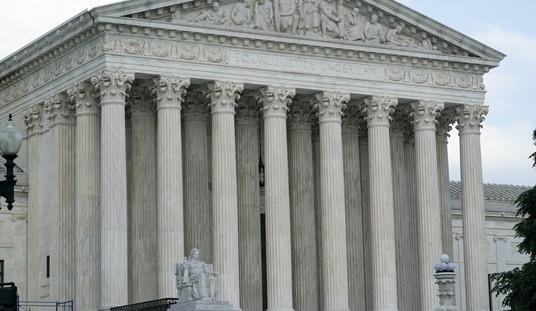



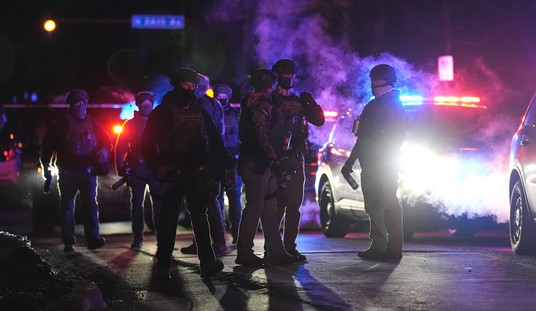
Join the conversation as a VIP Member